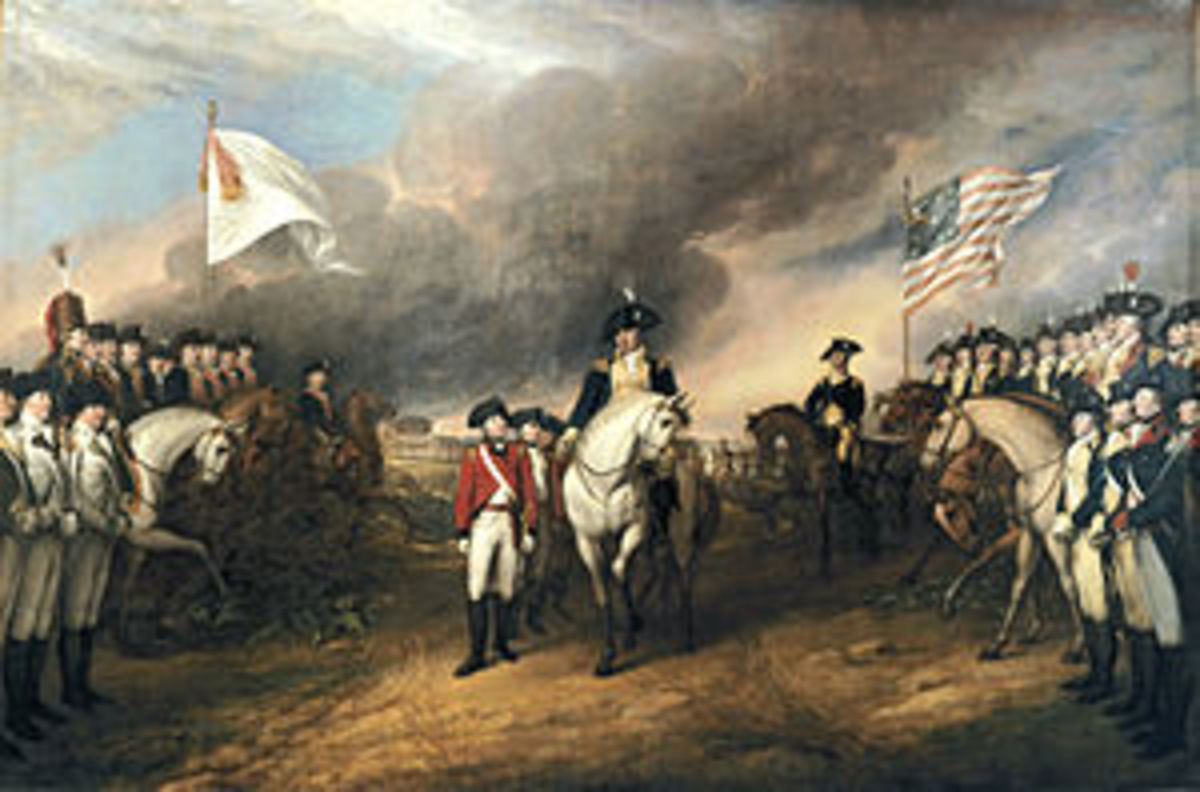When the media bombs worse than an IED
Not necessarily al-Qaeda
It’s hard to defend terrorism. It’s frustrating to see the media encourage it.
Only the most remote hermits have not seen the images of the devastation visited on innocent victims at the Boston Marathon on April 15. So, the terrorists win.
Of course, terrorist is a general term and, by those to whom it is applied, a great accomplishment and honor. Terrorism doesn’t mean that it is the notorious al-Qaeda or the Taliban. It doesn’t even mean that it is a group. It could as well be another Timothy McVeigh or Ted Kaczynski, a loner or a loner-plus-one who uses wanton destruction to draw the attention of the world to his miserable existence.
A Grotesque Reprise of the Boston Tea Party?
April 15 is the annual day of dread for millions of Americans who abhor the duty of paying taxes to support the country that provides one of the highest standards of living in the world. The person or persons who set off the explosive devices in Boston could as easily have been protesting taxes—and wouldn’t Boston, the host of the original and honorable Tea Party, be the ideal target for such a protest—as easily as it could have been an organized international gang of bitter and misguided have-nots whose objective is to bring everyone else down to their wretched level instead of working toward improving their plight and the plight of their deprived brethren.
The night of the Boston Marathon bombs, which killed at least three and seriously injured more than a hundred, the brief video of the actual explosion was replayed ad-glorium, along with the traditional hours of interviewing witnesses or anyone remotely affected by the event, to what we can only assume is the supreme satisfaction of the person or persons responsible. In Washington, DC, police and government officials assured the public that the April 16 Emancipation Day activities would go on as scheduled with heightened security. How gratifying for the perpetrator or perpetrators!
It doesn't take a genius
Despite the pride that seems to infuse those who commit terrorist acts, the truth is that a successful terrorist act is no great accomplishment. It is mostly a combination of luck and sneakiness. A drunk with a shotgun is bound to hit something. Making a bomb is not difficult, and the successful act is as likely to be because the perpetrator is such a rank amateur that he has not been a blip on anyone’s radar as it is that an organized group finally succeeds after dozens of foiled attempts.
Counterterrorism requires tremendous investment of time and manpower as well as financial, and technical, and human resources. A successful act of terrorism requires mostly luck, much as a dam works everywhere except where there is a small hole.
A terrorist is a large hole.
Media Responsibility v. Restraint
There is a fine line between reporting the news and alerting citizens to danger and encouraging the person or persons responsible for the murder and mayhem visited upon innocent victims.
We live in a visual age. A hundred years ago, news traveled far more slowly and might be accompanied by a woodcut representing an event. Today, cameras are everywhere. Overt and covert surveillance cameras are augmented by almost anyone with a mobile phone who can record events on the spot with a few seconds.
Every time there is a terrorist event—and I reiterate that I include the old man suddenly waving his World War I revolver at the passer-by allowing his dog to despoil his overgrown front lawn as well as an attack that leaves thousands dead—television stations seem determined to compete in showing the most video of the event. The explosions in Boston and the carnage they wrought were replayed almost continuously after the event, and photographs of the event were splashed above the fold on front pages across the country.
What more satisfaction could the person or persons responsible for the attack ask?
Words Matter
Although I have described the event as terroristic, I try to avoid terming the actual perpetrators terrorists because even that epithet for those who decide to randomly kill or permanently injure innocent people rewards those who find pride in the term.
Therefore, I have a modest proposal: stop rewarding these cowardly acts of ambushing innocent victims by showing video of these events and their aftermaths more than an hour after the event. I grant the first hour as news and even as warning to put citizens on their guard. Beyond that, the continual airplay is gratuitous and only rewards the perpetrators.
Those who want to see the event after that can find it on the Internet. The same is true of newspapers. The splashy huge image on the front page is unnecessary and counterproductive. A small image would suffice without celebrating the event, as the miscreant would perceive it. Starve them of the publicity that motivates them.
Coverage v. Reward
The question is whether anyone would commit such an act if they knew it would not receive widespread publicity. I think not. Where is the satisfaction in killing innocent people if no one knows? No, I submit that we need to starve them of the reward they crave by downplaying the event, not reliving and glorifying it in perpetuity. Stop subjecting the victims and their families with reliving the experience through the video time and again, especially while the wounds are still raw.
The media walk a fine line between news and rewarding malefactors. I suggest reining in the exposure. Stop rewarding the act of terrorism by giving the perpetrators what they want. Be cautious about branding them with a name they cherish; tell the story without the grand images and withhold the reward of widespread panic and heightened drama.








